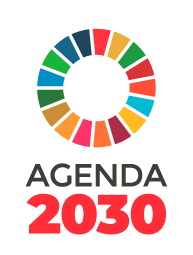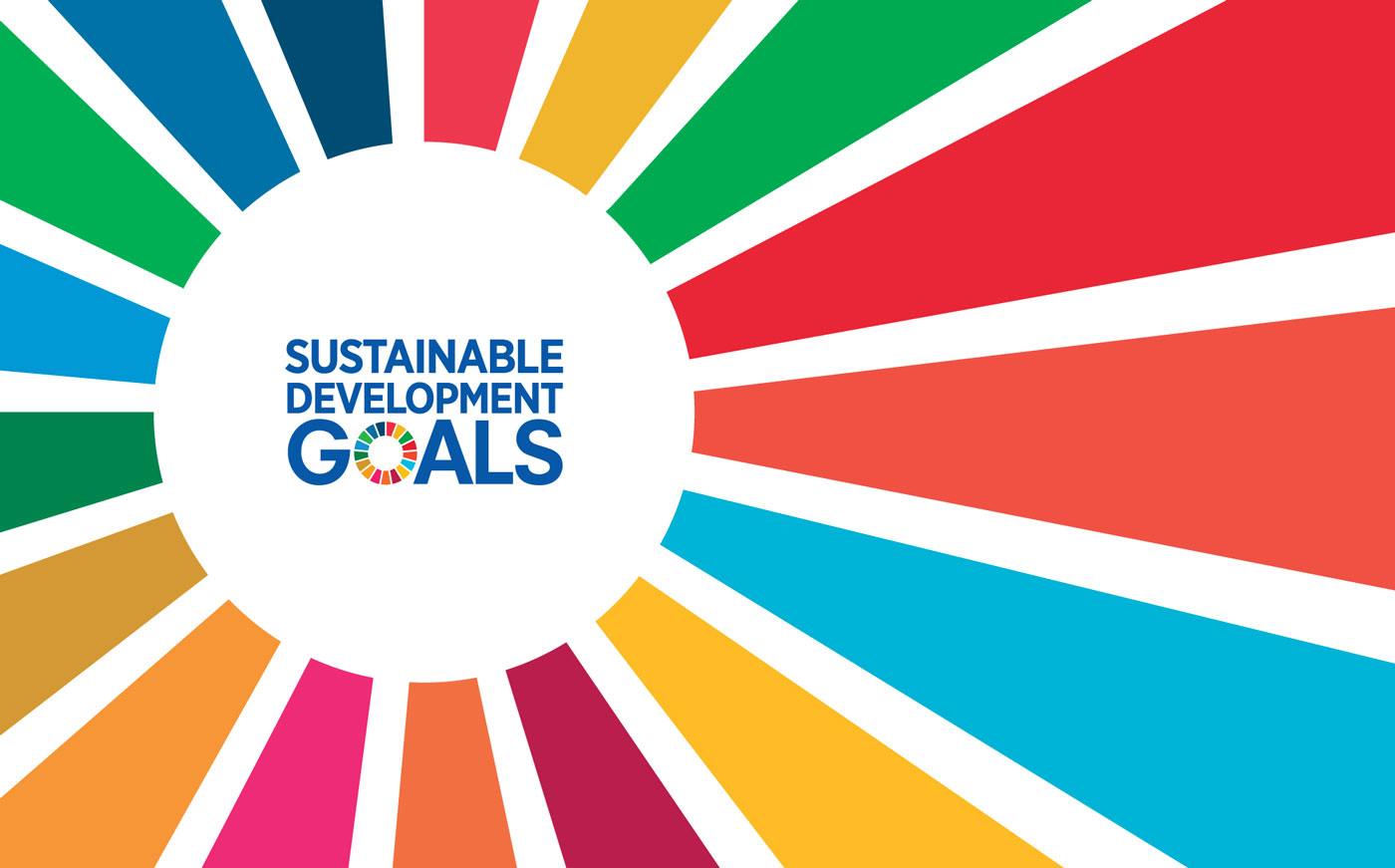

For the full table of contents for this and previous issues of this journal, please visit the Gender and Development website. This article is hosted by our co-publisher Taylor & Francis. Does the 2030 Agenda and its financing provide a foundation to enable us to tackle the structural obstacles that remain, advancing gender equality and women’s human rights for the next decades? It pays particular attention to three dimensions: economic and financial volatility, the role of the private sector, and the domestic resource mobilisation. It starts by highlighting some of the key remaining challenges for the advancement of women’s human rights and gender equality, and then assesses the 2030 Agenda for Sustainable Development, and the outcome of the third International Conference on Financing for Development (the Addis Ababa Action Agenda) from a feminist perspective. The Transforming Education Summit on 19 September 2022 in New York will provide a global forum to review of pandemic-related learning losses and recovery efforts, and to re-imagine education systems for today's and tomorrow's world, revitalize national and global efforts to achieve SDG4.This article, from two members of Development Alternatives with Women for a New Era (DAWN), aims to provide a perspective from a long-standing south-based network in the global women’s movement on the Sustainable Development framework for the next decades.

Letecký provoz na Letiti Václava Havla Praha u za pár dn zesílí. Hostem Agendy SZ Byznys byl Jií Pos, pedseda pedstavenstva Letit Praha. The 2022 Declaration of Buenos Aires, developed within the framework of the III Regional Meeting of Ministers of Education of Latin America and the Caribbean, describes these challenges and recognizes the need for profound transformation to address the structural and systemic factors driving the region's educational inequalities and injustice. éf Letit Praha: Plánujeme rozíení kapacit od roku 2030. The report is being launched in a context marked by the need for powerful actions over the coming years that are better coordinated and more clearly focused on the Education 2030 goals in Latin America and the Caribbean. Valtencir Mendes, Head of Education at OREALC/UNESCO Santiago will make closing remarks. Following the presentation, Mercedes Mateo, Head of the Education Division of the Inter-American Development Bank Laurette Bistrol, Programme Manager for Human Resource Development of the Caribbean Community (CARICOM), and Leonardo Garnier, Special Advisor to the UN Secretary-General for the Transforming Education Summit will share their perspectives on the document. Daniela Trucco, Senior Social Affairs Officer of ECLAC Alejandro Vera, Chief of the Monitoring and Planning Section of OREALC/UNESCO Santiago and Italo Dutra, UNICEF LACRO Regional Education Advisor will present the report. The event will feature Claudia Uribe, Director of OREALC/UNESCO Santiago, Alberto Arenas de Mesa, Director of ECLAC's Social Development Division, and Rada Noeva, Deputy Regional Director (a.i.) of UNICEF for Latin America and the Caribbean. Following a literature review and expert consultation, the report analyses education policy trends between 20 in thematic areas key to the achievement of SDG4 targets: access, equity and completion in early childhood, primary and secondary education learning teachers and managers higher education youth and adult learning and education technical and vocational education and training and financing and governance of education systems.

It analyses achievements and challenges for education policy and decision-making for the next decade and describes the overall educational and social contexts in the region. Seven years after the adoption of the 2030 Agenda, this publication takes stock of efforts in Latin America and the Caribbean to implement the SDG4 Education 2030 Agenda.

The results will be released online during an event starting at 11 am (-4 GMT) on the OREALC/UNESCO Santiago Youtube channel. On 8 September, International Literacy Day 2022, the Regional Bureau for Education in Latin America and the Caribbean (OREALC/UNESCO Santiago), the UNICEF Regional Office for Latin America and the Caribbean (UNICEF LACRO) and the Economic Commission for Latin America and the Caribbean (ECLAC) will launch Education in Latin America and the Caribbean at a Crossroads: The SDG4-Education 2030 Regional Monitoring Report.


 0 kommentar(er)
0 kommentar(er)
